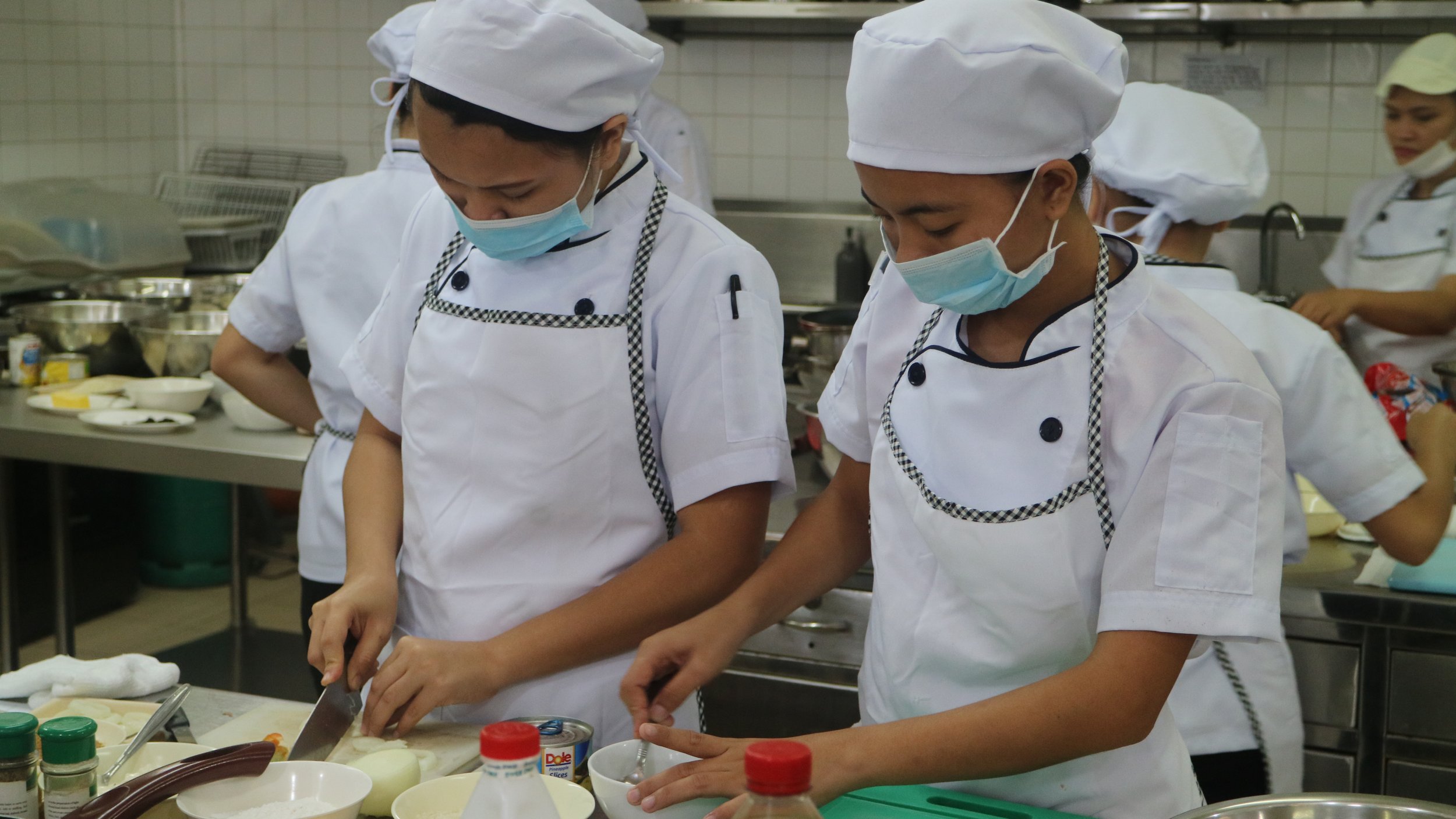
Our History.
Our Story.
Since 1994 we have assisted women and children in 11 countries across 16 established projects.
1994. Reledev founded
PHILIPPINES
1995-1996 FAMCOHSEF
2005-Present FPTI
PERU
1997-1998 PROSIP
1998-1999 APRODES
2012-2017 PROSIP
PARAGUAY
2000-2003 PROMU
2009-2016 PROMU
URUGUAY
2002-2003 ACYT
BOLIVIA
2002-2004 AAPROCS
2017-Present AYNI
CHILE
2004-2006 FONTANAR
COLOMBIA
2004-2007 ISCEF
2005. Reledev accredited under AustraliaAid grant program.
EL SALVADOR
2005-2009 AFCYD
LEBANON
2006-2014 ALDEC
ECUADOR
2007-2008 COPADE
NICARAGUA
2014-Present ANDECU
2015. DREAM Project launched in Sydney.
Our previous partners.
PROSIP/Condoray
The project aimed to increase the financial independence of low-income women in the Cañete Valley by training them in the hospitality services area and sought to improve the entrepreneurial capabilities of the women to grow and strengthen their businesses. The program reached 450 participants over 5 courses.
Lebanon.
PROMU
The project aimed to provide a means of income generation for women to earn a living and increase their personal well-being for themselves and their families through a Micro-Enterprise Program. The program reached 700 participants, of which 300 attended micro-financing and business management courses.
Paraguay.
PRODES/ALDEC
The overall project objective was to provide micro and small business development and capacity building for formal education in rural Lebanon.
With the Institute for Management of Services and Entrepreneurship launched, the program reached 1,407 participants through 129 delivered courses.
Peru.
AFCYD
The project aimed to alleviate the poorest women in San Salvador by increasing their access to opportunities for economic development by generating income through micro-financing and small business training. 670 women were trained, with 245 small businesses in operation. Participants earned $USD50 of additional monthly income (on average).
El Salvador.
FONTANAR
The project aimed to alleviate poverty among vulnerable groups in Santiago by increasing their access to opportunities for economic development and mobility. Training courses provided women with sufficient technical preparation in nursing skills and clinical/work experience. The program trained 225 women, of which 190 undertook the nursing course.
Chile.
ISCEF
The project aimed to build equity by increasing women’s access to opportunities for economic development through technical training, work experience, and employment in the service industry (i.e. hospitality, tourism). The program reached 961 participants, of which 300 received post-secondary training in services skills.




















